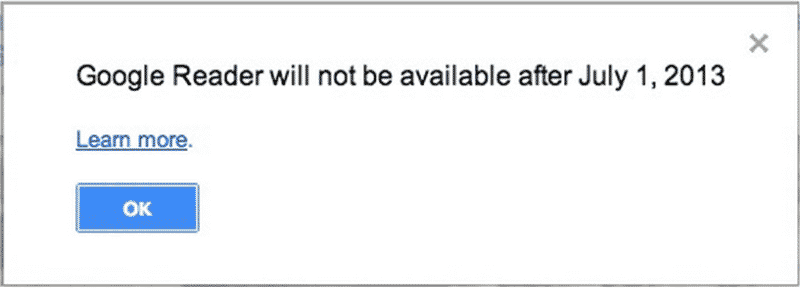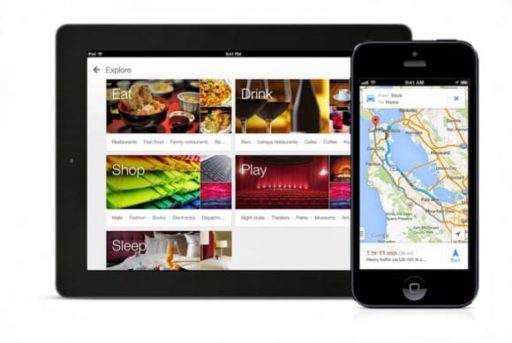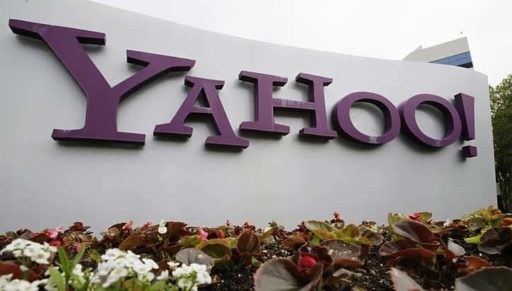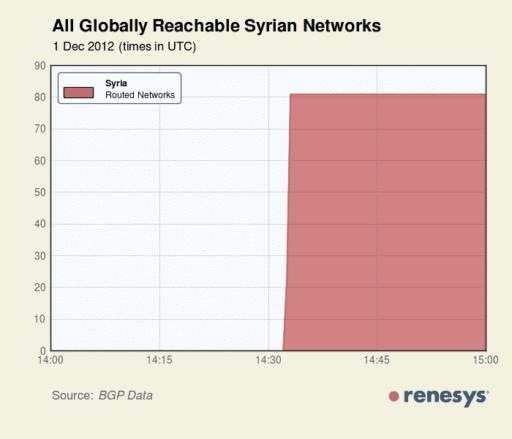Last year, we have seen Google shutting down five redundant services as a part of its ‘Spring Cleaning’ ritual. This year is no different. Yesterday on March 13, Google announced that it is going to shut down its popular RSS readers, Google Reader and seven other services as a part of ‘Spring Cleaning’ ritual.
Seems like, search giant Google has decided to give us heart attack after heart attack through releasing shocking news one after another. Yesterday on March 13, first Google announced through a blog post that Andy Rubin is no longer the Android chief. Following that announcement, yesterday Google said in another blog post that it’ll shut down its popular RSS (Really Simple Syndication) reader, Google Reader, and seven other services forever as part of its ‘spring cleaning’ to concentrate on a smaller selection of services.
Google Reader, which was launched in 2005, has been helping people to keep track of his/her favorite websites using RSS feeds. But Google has mentioned in its blog post that usage of Google Reader has been declining year after year, and that’s why the company thinks time has come to “retire” the service.
Google said that Google Reader will not be available after July 1, 2013. That means, Google Reader users have time until July 1 to export their Reader data via Google Takeout. Once the user downloads it, the subscription data should be easily transferable to another product. And the user can continue to keep up with his/her online reading. The users will reportedly receive their subscription data in an XML file.
The other seven services that Google will also shut down (with date) are:
- GUI Builder and five UiApp widgets for AppsScript (September 16)
- CalDAV API for non-whitelisted developers (September 16)
- Google Building Maker (June 1)
- Google Cloud Connect (April 30)
- Google Voice App For Blackberry (next week)
- Search API for Shopping (September 16)
- Snapseed Desktop for Macintosh and Windows (already dumped)
Be noted, Google has closed 70 features and services since beginning its ‘spring cleaning’ project in 2011. Many users have voiced their disappointment through various social media portals, like Twitter and Facebook. Users are now scrambling to find an alternative RSS reader that can live up to the Google service’s glory.
Source: Google Blog, Google Reader Blog
[ttjad keyword=”cloud-storage-drive”]




